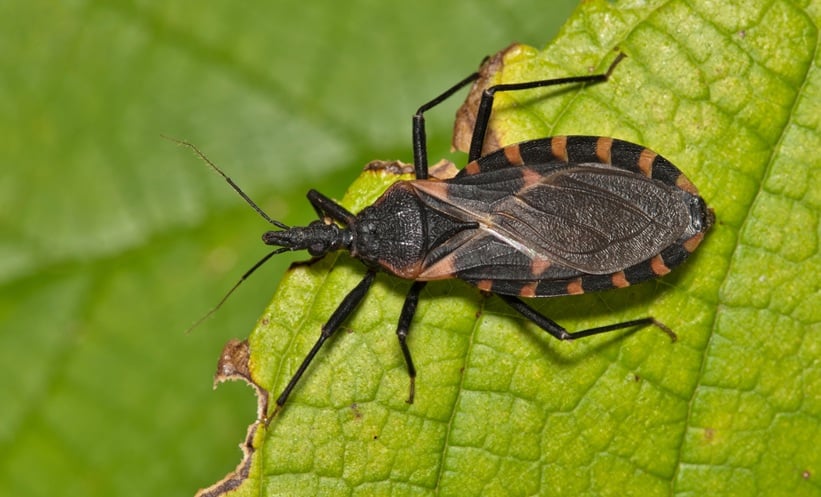CHAGAS disease, a neglected tropical condition caused by the parasite Trypanosoma cruzi, continues to impact millions worldwide, although its burden is evolving. According to the Global Burden of Diseases, Injuries, and Risk Factors Study (GBD) 2023, an estimated 10.5 million people were living with Chagas disease in 2023, marking a 16% decrease compared with 1990. The global age-standardised prevalence rate dropped by more than half (55%), reflecting long-term progress in endemic regions.
Highest Chagas Disease Risk Remains in Latin America
Despite overall declines, prevalence remains highest in southern and Andean Latin America, with rates exceeding 2,400 per 100,000 people. Tropical Latin America and the Andean region also reported the highest mortality rates, at 2.2 and 0.92 per 100,000, respectively. In contrast, non-endemic countries, particularly in North America and Europe, are witnessing rising Chagas disease prevalence due to migration from endemic regions, highlighting the need for targeted screening and care strategies.
Incidence and Mortality Show Encouraging Declines
Global incidence also decreased, with 352,000 new cases in 2023 and a 55% reduction in the age-standardised rate since 1990. Deaths attributed to Chagas disease fell to 8,420 worldwide, a 72.5% decline in age-standardised mortality. These improvements likely reflect enhanced socioeconomic conditions, better housing, and effective vector-control policies, alongside increased access to healthcare and treatment.
Shifting Age Distribution Highlights New Challenges
The average age of Chagas disease patients has increased, peaking between 45 and 65 years in 2023 compared with 30–45 years in 1990. This ageing patient population shows the need for health systems to adapt, ensuring care and support for older adults living with chronic Chagas-related complications such as heart failure, arrhythmias, and digestive disorders.
Policy and Healthcare Implications
The GBD 2023 findings emphasise the importance of ongoing surveillance, early diagnosis, and access to specialised care in both endemic and non-endemic regions. Improved data quality, including accurate coding and reporting, will continue to refine global estimates and inform policies to reduce the long-term impact of Chagas disease.
Reference
Cousin E et al. Global, regional, and national burden of Chagas disease, 1990–2023: a systematic analysis for the Global Burden of Disease Study 2023. Lancet Infect Dis. 2025; DOI:10.1016/S1473-3099(25)00562-6.








